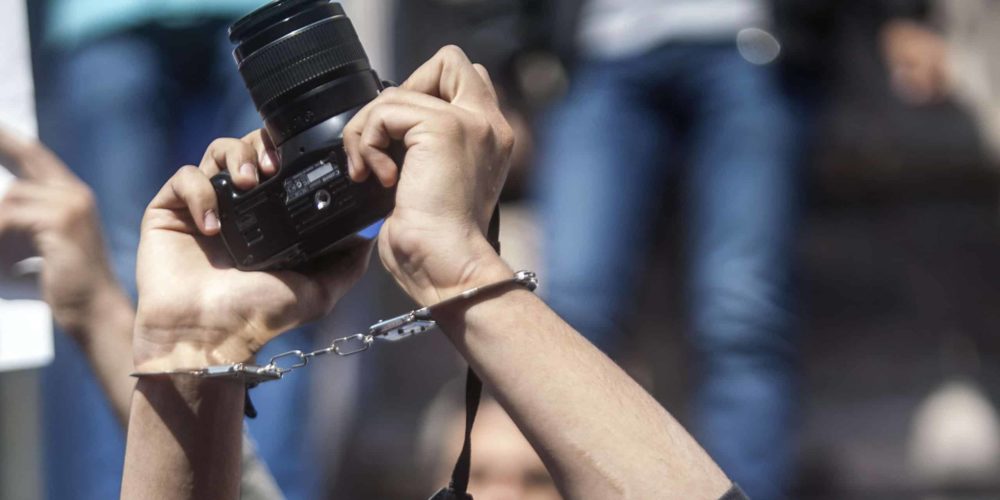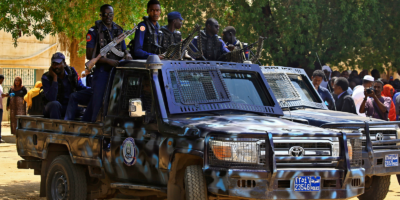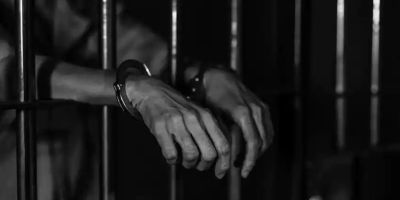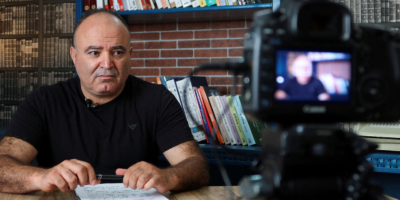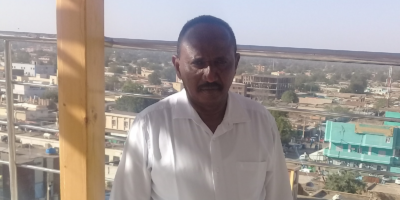News briefing:
Translation and editing by: Committee for Justice
Geneva, 25 March 2021
The Executive Director of the Committee for Justice (CFJ) Ahmed Mefreh said that Egypt’s crackdown on journalists has been repeated in a typical manner over the past period, stressing that journalists and human rights, in particular, are being targeted for being the front line of defence for the right to know the truth.
Egypt deals with journalists as opponents:
“Journalists reveal the crimes that the regimes commit, mainly against the law and the constitution; therefore the regimes do not want journalists to report on them to the society so that the matter does not turn into a form of accountability,” Mefreh said during his participation in a seminar organised by the Al Jazeera Center for Freedoms and Human Rights in cooperation with Al Jazeera Mubasher, under the title “Facing the targeting of media professionals and preventing impunity”.
The executive director indicated that the issue has even developed into a state of constant monitoring by the regime of the political opinions of journalists, especially those who are politically opposed to it. Egypt now ranks third in the world and first in the North African region in terms of violating the rights and freedoms of journalists.
MENA is a repressive region for journalists:
Mefreh stressed that the Middle East and North Africa region is the most dangerous in the world for journalists. MENA is classified as a repressive region in which there are no public freedoms that allow the free and transparent exercise of journalistic work, as well as the existence of armed conflicts in that region.
Mefreh pointed out that in 2020, CFJ monitored 114 violations against journalists. With the beginning of the year 2021, it was hoped that the regime would ease its grip against the press, especially with the presence of measures on the ground to ease conditions such as elections for journalists. However, surprisingly, in the past three months alone, the Egyptian regime committed nearly half the number of violations it committed in 2020.
“We are talking about 49 violations against journalists, 4 cases of enforced disappearance, 4 cases of torture, 23 cases of deprivation of liberty, and more than 18 cases of poor detention conditions against journalists detained in prisons in Egypt,” he added.
Mefreh gave several examples monitored by CFJ, such as the case of journalist Gamaal El-Gamal, who was arrested by the Egyptian security forces at Cairo Airport during his voluntary return from Turkey, and then appeared in the Supreme State Security Prosecution, as well as the journalist Hamdi Al-Zaim, who was re-arrested in early January, and the journalist Ahmed Khalifa, who was subjected to enforced disappearance and was interrogated for his coverage in several press reports such as the protests of the workers of the “Delta for Chemical Industries and Fertilizer” company (Simad Talkha), as well as the journalist Solafa Magdy, who was subjected to blatant violations inside her detention in Al-Qanater Women Prison, where she was beaten, threatened, harassed and dragged by prison staff.
Confronting the double standards in dealing with the Egyptian regime:
Mefreh stressed that it is possible to confront the double standards of some countries in dealing with the Egyptian regime through community cohesion, working to show the truth, and using mechanisms to oppose such ideas. For example, when there are partnerships between European and major countries, they can be pressure fronts on governments to respect minimum standards that must be respected, and the use of international mechanisms against violations of journalists’ rights through the United Nations and European Union mechanisms, as well as linking economic partnerships between supportive countries and repressive regimes with respect for human rights, which is something that CFJ is working on mainly. Now the European Union is reconsidering the partnership with some countries in the Middle East and North Africa region, the most important of which is Egypt.
